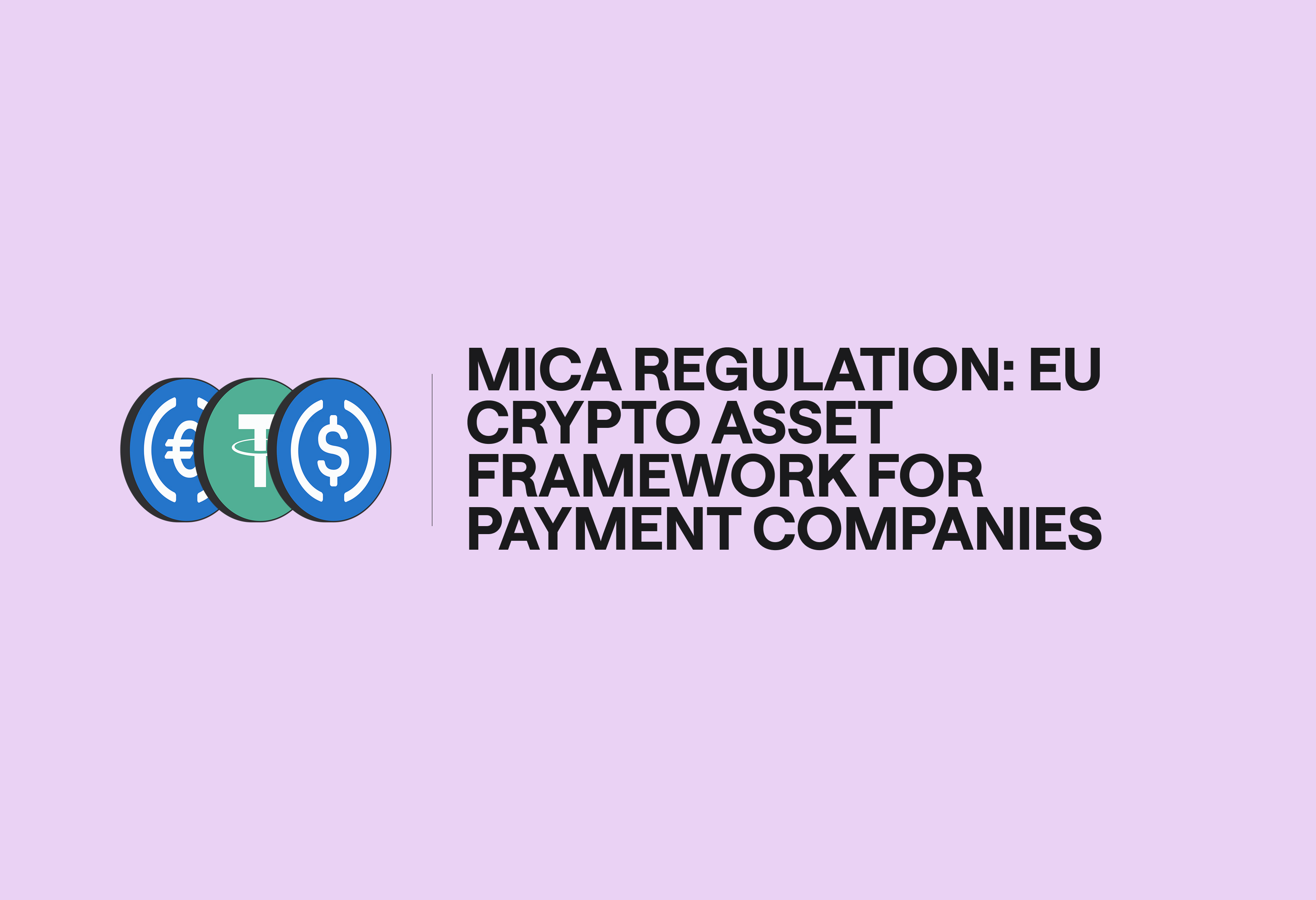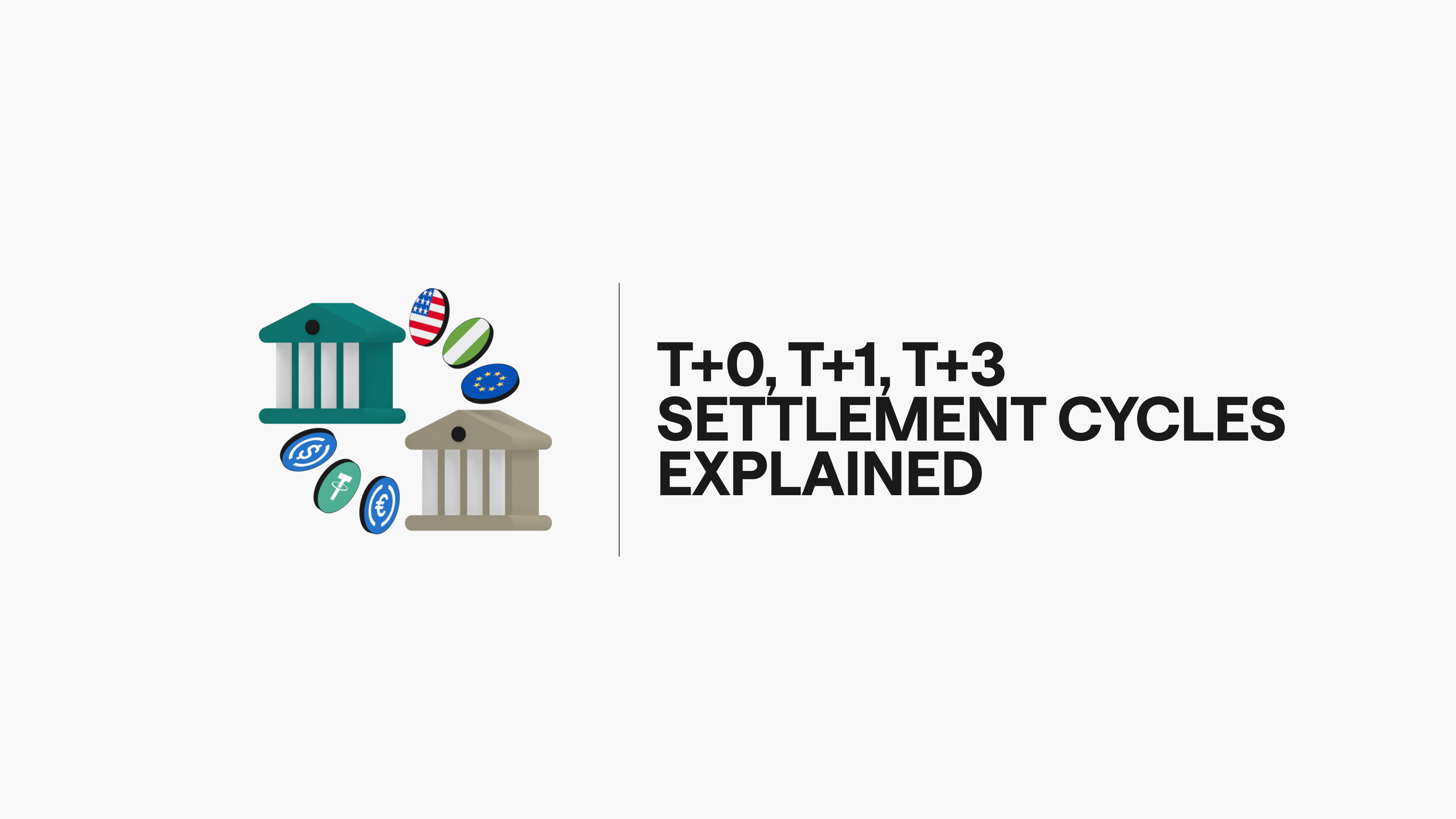

The GENIUS Act and the Beginning of U.S. Stablecoin Regulation: What It Will Mean for Issuers, Banks, and Businesses
The House of Representatives has passed the GENIUS Act, the first federal framework regulating stablecoins, that provided clarity in establishing rules around issuance, backing and oversight.
The U.S. House of Representatives just passed the GENIUS Act (Guiding and Establishing National Innovation for U.S. Stablecoins), the first federal framework to regulate stablecoins. Here is what it does:
- Says Who Can Create Stablecoins: Only approved, licensed companies (like banks or trusted fintechs) can issue stablecoins. No random startup can just create one anymore.
- Requires Real Money Backing: They must be backed 1-to-1 with real U.S. dollars or safe assets (like Treasury bonds). So if a company issues $1 billion in stablecoins, it must actually hold $1 billion in reserve.
- Demands Transparency: Issuers have to prove their reserves every month, let regulators check their books, and be audited by independent firms.
- Bans Risky Coins: The law bans algorithms – those that rely on computer formulas instead of actual dollars. (Like TerraUSD, which crashed in 2022).
- Introduces Government Oversight: Stablecoins will be regulated and supervised by the Federal Reserve and the Treasury, just like any other federally chartered bank.
To sum up, it establishes legal certainty, consumer protections, and federal oversight for users and businesses. It makes them legal, safe, and regulated - essentially, like real digital dollars you can trust. To help understand the GENIUS Act and why it had to happen, let's take a look at just how much it has evolved and the road we have traveled that made this piece of legislation inevitable.
They exploded in 2024:
- $27.6 trillion in transactions, more than Visa and Mastercard combined in payment volume.
- $260 billion market cap by mid-2025.
Notable Participants in Stablecoin Issuance and Acceptance
- Tether (USDT): It currently has a market cap of about $162 billion. In its Q1 2025 report, the company had the highest amount of U.S. Treasury total exposure - at nearly $120 billion.
- Circle (USDC): Roughly $64 billion in market cap; partnered with Visa and backed by BlackRock as well as other notable investors, and went public in June 2025.
- PayPal USD (PYUSD): Launched in 2023 with a capitalization of more than $860 billion.
- Stripe: Acquired a start-up for $1.1 billion, built for stablecoin payments.
- SpaceX: Is using stablecoins to accept payments from its internet customers.
- Shopify: Introduced the USDC for merchants last January.
Business Considerations: Real-time Settlement and Readiness for Adoption
Stablecoins are revolutionizing how money moves across the world, in large part, for three reasons:
- Trustworthy Stability: They are like USDC, backed 100% with dollars on reserve, and therefore give users value no matter where they transact, and also give businesses a guaranteed, reliable, and convertible means for transacting.
- Quick Cross-Border Payments: Businesses are able to transact quickly and cheaply using blockchain networks, which are modernizing peer-to-peer payment processes above and beyond traditional payment networks.
- Streamlined Value Transfer: Enhanced digital wallet infrastructure now enables seamless and frictionless movement of funds across users, platforms, and geographies.
At Due, We Are Helping Companies Unlock Their Global Expansion Potential with Stablecoins
We are already working with over 500+ companies around the world with instant pay reach in 80+ countries: bank transfers, mobile money, digital wallets, and more. With Due, any user can:
- Receive payment instantly or settle to the local currency of choice.
- Remove the possibility of chargebacks and reduce expensive payment failures.
- No fees to bridge USDT to USDC.
- Countless digital wallets: we support MetaMask, Coinbase, Zerion Wallet and any wallet via WalletConnect.
Open your account in under 2 minutes today and innovate securely. To learn more about our reach, currency, and payment services, go here.
FAQ — The GENIUS Act
What does the GENIUS Act actually do?
It creates the first federal framework for payment stablecoins: limiting who may issue them, mandating 1:1 reserves in cash and Treasuries, monthly public reserve disclosures, and federal oversight (primarily the Fed and Treasury). Algorithmic stablecoins are prohibited. These provisions are now law as Public Law 119-27.
Who can issue a payment stablecoin under the law, and what’s the timeline?
Only permitted stablecoin issuers (qualified banks or licensed non-banks) may issue once the Act is fully effective. Agencies have staged rulemakings before the main prohibitions bite; firms should track Treasury and Fed rulemaking calendars through 2026.
What reserve, redemption, and disclosure standards apply to issuers?
Issuers must maintain 100% high-quality liquid reserves, segregate customer assets, honour prompt 1:1 redemption, and publish monthly attestations (subject to examination). These standards replace the prior patchwork of state guidance with uniform federal rules.
How does the GENIUS Act affect banks and payment companies that want to support stablecoins?
Banks gain a clearer path to custody, distribution, and settlement services subject to prudential supervision; non-bank processors can integrate on- and off-ramps provided they work with permitted issuers and comply with BSA/AML controls, chain screening, and reporting. Expect additional supervisory guidance as agencies implement the Act.
What should non-crypto businesses (treasury, marketplaces, payroll) expect next?
Greater certainty around acceptance, settlement, and accounting for compliant USD stablecoins, plus wider bank participation and enterprise-grade controls. The law is intended to expand mainstream use while reducing regulatory risk for day-to-day payments. Monitor issuer status, network fees, and your own KYC/records policies as agency rules roll out.



.jpg)

